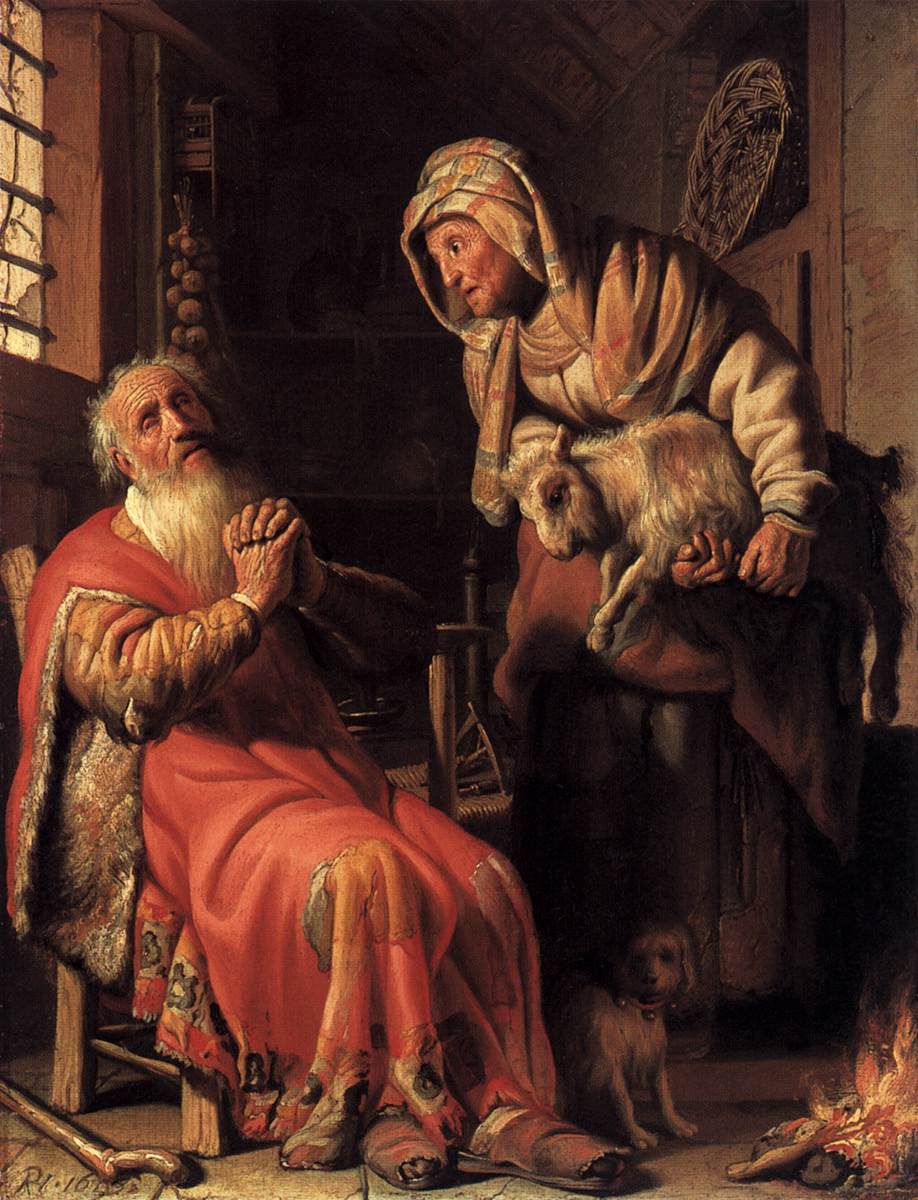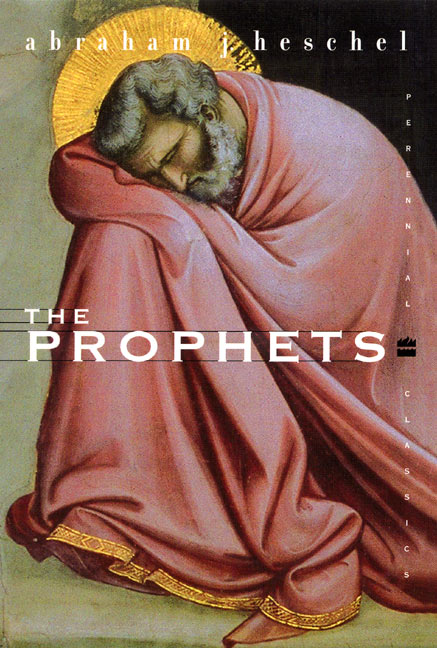Sarah
Puryear
St.
George’s Episcopal Church, Nashville, Tennessee
December
2nd, 2012
Advent
I, Year C
This December, I’m really excited to see the movie
version of the musical Les Miserables. Victor Hugo, who wrote the story of Les
Miserables, captures the power and beauty of redemption better than perhaps any
other story outside of the Bible. Jean Valjean was caught stealing a loaf of
bread to feed his sister’s children and was sent to work on a prison gang for
nineteen long years. At last he is released on parole; he is bitter at the way he has
been treated but hopeful that freedom will grant him a new chance at life. Yet
he finds himself the object of others’ scorn and distrust when he tries to find
honest work. The only kindness he finds comes from a bishop who welcomes him into
his home and gives him food and a warm place to stay. When the bishop goes to
sleep, though, Valjean steals the bishop’s silverware and flees the house,
intending to sell the silver to make some money. But his plans go awry when the
police catch him and drag him back to the bishop’s house to verify his crime. Whereas
the “justice system” condemned him harshly and unfairly for stealing out of
desperation and hunger, this bishop has every right to condemn him for stealing
his valuables. If he owed nineteen years for a loaf of bread, his sentence for
stealing silver would surely equal the rest of his life on earth. And yet when
the police show up with Valjean on his doorstep, the bishop replies, “I gave that
silver to him as a gift. But why did you leave the best behind? You forgot to
take the candlesticks that I gave you as well.” And the bishop hands Valjean
his silver candlesticks as the police look on confused and deflated. Valjean is
stunned, unable to make sense of this twist of fate. The bishop says to him,
“Remember
this my brother, see in this some higher plan
You
must use this precious silver to become an honest man
By
the witness of the martyrs, by the passion and the blood
God
has raised you out of darkness, I have bought your soul for God”
That
last line has always struck me as a strong and sobering thing to say to someone
else; if someone told me that they had bought my soul for God, I’m not sure
whether I would feel relief or fear. That line frames what the bishop has done
for Valjean as an act of redemption. To redeem is to buy someone back out of
captivity, usually by paying a ransom, and set them free. The bishop bought Valjean back out of a life of
bitterness and theft and gave him over to God. This act of love breaks through
the hard shell that prison formed around Valjean’s heart, and he begins to see
the possibility of a new way of life. Instead of going back to crime, he turns
his life around and becomes a respected man in the community, and throughout
the rest of his life he “pays forward” his own redemption by extending mercy
and love to others – to a little girl caught in slavery, to a group of
idealistic revolutionaries, and even to his most hardened enemy.
Today in our Old Testament story we hear another
story of redemption, this one through the prophet Jeremiah. Of all the Old
Testament prophets, Jeremiah had one of the toughest assignments. By his time,
the land of Israel had been divided into two kingdoms, north and south. Jeremiah
lived in the southern kingdom called Judah, which included the city of
Jerusalem. The people in the south had already watched in horror as the Assyrians
swooped in and conquered the northern kingdom of Israel. In Jeremiah’s time,
his people found themselves attacked by the Babylonian troops and feared that
the same fate would befall them – destruction, devastation, and deportment to a
foreign land.
Jeremiah gave the prophecy that we heard today at the
time when the city Jerusalem was surrounded and besieged by the Babylonian
troops. The people were on the edge of the worst imaginable thing happening - they
faced the prospect of being handed over to their enemies, abandoned by their
God for their disobedience, and forever wiped off the face of the earth. Jeremiah
himself was in an even tougher spot personally. The king had imprisoned
Jeremiah in the courtyard of the palace guard because his message was a
distinctly unpleasant one. Jeremiah had warned that Jerusalem would indeed fall
to Babylon, and its people would be taken away into exile because of their
unfaithfulness to God. The king wanted Jeremiah to give fake messages of hope,
which Jeremiah wasn’t willing to do.
While Jeremiah wasn’t one to sugarcoat the
devastating message God gave him, his message didn’t end there. Jeremiah wasn’t
just a doomsday prophet. He also gave the people the following message from
God: “The days are surely coming when I will fulfill the promise I made to the
house of Israel and the house of Judah.” Jeremiah sounds a note of hope amidst
the threat of great darkness, telling the people that despite what was going on
around them, and what they were about to endure, God has neither forgotten nor retracted
his promises in the face of the people’s unfaithfulness to him. He will honor
his promise to David, which was that his descendants would sit on the throne of
Israel, and that his house would never come to an end. He will redeem his
people; God will buy back his people who are in captivity and give them a
Messiah who will rule over them justly in their own land.
Advent is a time for remembering redemption stories
like these because, as Jesus says to his disciples in our gospel reading for
today, that “our redemption is drawing near.” We anticipate the birth of the
Messiah, that moment when God fulfills the promise he gave to Jeremiah, when he
sends that Son of David to rule faithfully and justly over his people. And in
that anticipation our Old Testament readings are often prophecies during times of
darkness, of need, of estrangement that laid bare the people’s need for God…
that sparked a deep longing for their Messiah... that caused them to yearn for
the time of their redemption to draw near. Facing our great need for God helps
us to prepare and rejoice more fully when Christ does appear. It magnifies for
us what God has done for us in Christ; it helps to enter more fully into the
celebration that Christ our peace is finally here.
During this Advent season, I encourage you to ask
yourself, what in my life lays bare my need for God this Advent season?
What sparks for me a longing for Christ’s presence? Where do I need a fresh
infusion of hope? It doesn’t have to be something as serious as facing life in
prison or exile in a foreign land; it is simply any part of you that yearns to
leave behind captivity to any other god or power besides the true God, whether
the captivity of a broken relationship, of anxiety, of depression, of a addiction,
of an eating disorder, of long-held grief or anger or unforgiveness or any
other besetting sin – and find freedom.
Connecting with these places where we need
redemption can be very scary. We may prefer to pretend that we have it under
control, that it’s really not so bad, that we can handle this burden for
another month or another year or another Christmas season. But at some point we
do reach the end of our rope just like Valjean, just like the people of Israel.
And when we do, no matter where our need for redemption lies, God says to us, “I
want to start a work of redemption in your life. I want to bring beautiful
things out of your brokenness and set you on a new path. I want to remind you when
Christmas comes of the hope you have in Christ, hope for mercy and forgiveness
and a new life.”
During this Advent season, may God begin or
continue a redemption story in your own life. And may we hear God speaking this
promise to us, also from the book of Jeremiah: “I have loved you with an
everlasting love; I have drawn you with loving-kindness. I will build you up
again and you will be rebuilt. Again you will take up your tambourines and go
out to dance with the joyful.”



